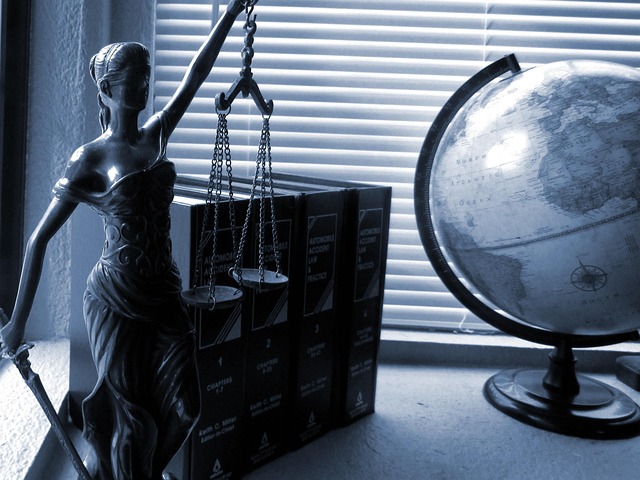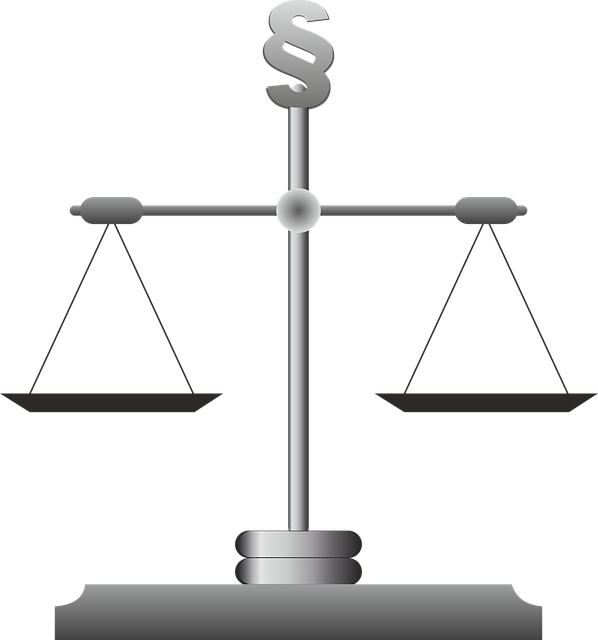Understanding DUI charges and leveraging Effective Criminal Defense Strategies is key to navigating legal complexities. Seasoned attorneys challenge evidence, question police procedures, and present mitigating factors, aiming to reduce or dismiss charges. C-Level Investigations stand out with advanced methodologies and data analytics, uncovering critical details for trial outcomes. This specialized approach impacts legal boundaries and communities, providing clients with robust defense strategies and a deep understanding of their rights. In the face of mounting pressure, successful defenses dispute evidence admissibility, question witness testimonies, and leverage scientific advancements in sobriety testing to instill reasonable doubt.
In the face of potentially devastating DUI charges, understanding the intricacies of the legal process is paramount. This article explores the crucial role of C-Level Investigations in navigating complex DUI defense. We delve into defining and demystifying DUI charges, highlighting how specialized investigations can uncover compelling effective criminal defense strategies. From evidence collection to courtroom presentation, discover how a strategic approach can build a solid case.
- Understanding DUI Charges: Definitions and Legal Implications
- The Role of C-Level Investigations in DUI Defense
- Uncovering Effective Criminal Defense Strategies
- Building a Solid Case: From Evidence Collection to Courtroom Presentation
Understanding DUI Charges: Definitions and Legal Implications

Understanding DUI Charges is paramount when considering Effective Criminal Defense Strategies for DUI Charges. DUI, or Driving Under the Influence, refers to operating a motor vehicle with a blood alcohol content (BAC) at or above the legal limit. The legal implications are severe, potentially including fines, license suspension, and even jail time. However, a comprehensive understanding of these charges can equip individuals with the knowledge to navigate the legal system.
Knowing your rights and the specific laws in your jurisdiction is key. An unprecedented track record of achieving extraordinary results in DUI cases highlights the importance of seasoned legal representation. Skilled attorneys can challenge evidence, question police procedures, and present mitigating factors to build a robust defense. This approach, backed by a deep understanding of both the law and the philosophical and political communities, can significantly improve outcomes for those facing these charges.
The Role of C-Level Investigations in DUI Defense

In the realm of DUI (Driving Under the Influence) defense, C-Level Investigations play a pivotal role in crafting effective criminal defense strategies for high-stakes cases. These specialized investigations go beyond surface-level evidence to uncover intricate details that can significantly impact the outcome of trials. By employing advanced methodologies and leveraging data analytics, they delve into the nuances of each incident, challenging the prosecution’s case and presenting compelling alternative narratives.
The work of C-Level Investigators extends beyond legal boundaries, touching upon the broader implications for both the philanthropic and political communities. Their meticulous approach, honed through years of experience in navigating complex legal landscapes, ensures that clients receive not just winning challenging defense verdicts but also a thorough understanding of their rights and the complexities involved. This holistic perspective is particularly crucial in DUI cases, where public perception and media scrutiny can often sway outcomes, demanding a robust and strategic defense.
Uncovering Effective Criminal Defense Strategies

In the face of mounting legal pressure, individuals facing DUI (Driving Under the Influence) charges often seek robust and effective criminal defense strategies. A well-crafted defense can significantly alter the outcome, aiming for a complete dismissal of all charges. Legal professionals with expertise in this domain play a pivotal role, employing various tactics to challenge the prosecution’s case. These include meticulous examination of evidence, questioning witness testimonies, and leveraging scientific advancements in sobriety testing to prove innocence.
Across the country, successful defense strategies often revolve around disputing the admissibility of evidence obtained during traffic stops or breathalyzer tests. Skilled attorneys thoroughly review police procedures, ensuring compliance with constitutional rights, and may seek to suppress any irrelevant or illegally obtained data. This multifaceted approach not only strengthens the defendant’s position but also underscores the importance of a thorough and strategic defense for his clients.
Building a Solid Case: From Evidence Collection to Courtroom Presentation

Building a solid case for an Effective Criminal Defense Strategies for DUI Charges involves meticulous navigation through various stages of the investigative and enforcement process. Skilled attorneys employ strategic evidence collection techniques, ensuring every detail is documented and preserved. This includes gathering and analyzing data from field sobriety tests, breathalyzer readings, and witness statements to construct a compelling narrative that challenges the prosecution’s case.
During courtroom presentation, lawyers artfully weave this evidence into a persuasive argument, highlighting inconsistencies and potential biases in law enforcement procedures. By presenting a well-structured defense, they aim to sow reasonable doubt in the minds of jurors, ultimately advocating for the best possible outcome for their clients within the confines of the philanthropic and political communities. This holistic approach, combining robust investigation with strategic courtroom advocacy, forms the backbone of successful white collar defense strategies.
C-Level Investigations play a pivotal role in navigating complex DUI cases, offering invaluable insights that can shape effective criminal defense strategies. By meticulously gathering and presenting evidence, these investigations challenge the validity of DUI charges, ensuring fairness and potentially leading to favorable outcomes. Understanding the nuances of DUI law and leveraging robust investigation techniques are key to developing solid defenses for those facing these serious allegations.






